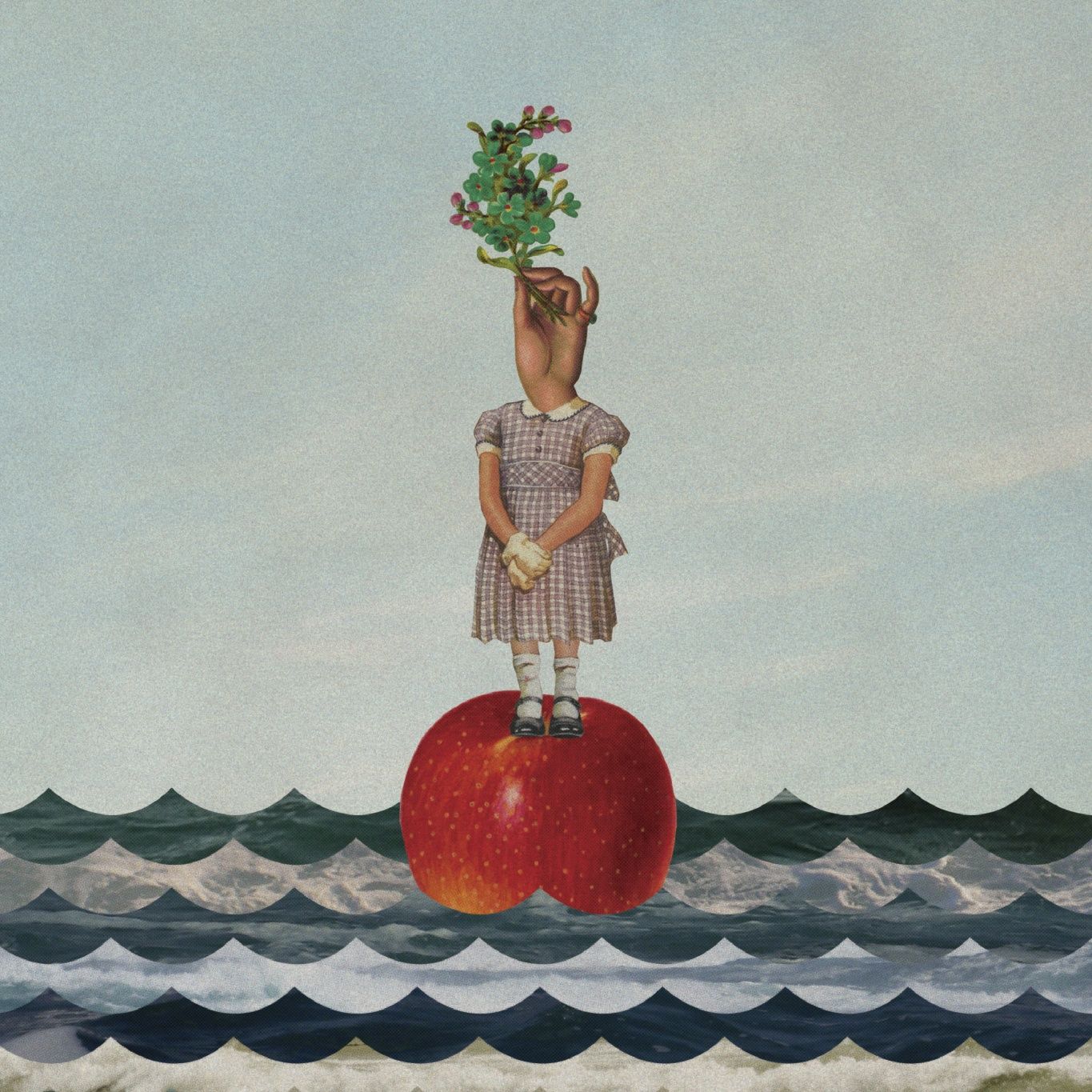
Andrew Pearson & music lovers
Continuing in their ever-lasting search for the most supreme sounds St Andrews has to offer, The Stand sent “Music is Lovers” Alex Duthie and Hamish Hawk to interview Andrew Pearson. […]
Continuing in their ever-lasting search for the most supreme sounds St Andrews has to offer, The Stand sent “Music is Lovers” Alex Duthie and Hamish Hawk to interview Andrew Pearson.
Hamish: Tell us a little about your early experiences playing music. Were you in bands at school?
[Laughs] Well I was in a band called “The Choosing” at school when I was about 12, but that didn’t last too long. I was always doing solo stuff though, and started to get more serious about it in my last year of school. I recorded A Road Unsuited (his first album) a few weeks before I came to university.
Alex: In more recent gigs and on the new album you’ve been backed up by “The Riflebirds”. Can you tell us about them? How did you form and is it a fixed band or a loose term for different players?
The Riflebirds aren’t a completely fixed group, we’ve had up to six different members at one stage. There are a few people who are constants though (Tilly Rossetti on clarinet, Stefan Maurice on accordion and piano, and Calum West on bass and electronics). It’s more about me wanting to play with my friends, rather than having a solid “backing band”. Also they understand it’s very much my music we’re playing. It’s a dictatorship [laughs].
Hamish: The new album is being released through your own label. How did Common Records come about and was there a particular reason or inspiration behind your decision to create it?
Well I started the label with Calum West (label-mate and Riflebird). We were influenced by the DIY ethic of labels and collectives like Fence (Fife indie heroes). Starting up your own label isn’t quite as daunting when there are such strong local precedents. I think the term “common” is particularly meaningful also as it reflects the fact that we’re a community of artists, who know each other and are interested in playing each other’s songs and collaborating. The DIY idea shows in where we put on gigs, which tend to be in intimate spaces, whether it’s a bar, or someone’s bedroom or living room.

Alex: Your singing voice is pretty unique, is it something you’ve self-consciously cultivated or has it developed naturally?
I’ve always been quite squeamish about my voice because I’ve never felt it was particularly strong, but I’ve come to accept and embrace that. It is unusual, at least quite distinctive, so I take it to be a positive thing. My song-writing is personal, there’s no persona, so I don’t feel the need to pretend I’m anything else.
Hamish: Has living in St Andrews changed your approach to making music and what do you think of the live music in the town?
Maybe not the approach, I still write songs in the same way I always have, but this album is definitely a product of St Andrews in terms of the people involved. I think on a personal level my music is a reflection of my life at different times. Even if I think the song writing on the album isn’t particularly good when I look back at it in twenty years, I can still say it is an accurate representation of who I was and what I was doing. I think that’s a healthy way of looking at it. As far as live music is concerned, I think it’s hard to maintain any kind of scene. St Andrews being a university town means that it’s constantly being replenished by people who are younger and more ignorant of how our venues work. So the scene is constantly being eroded. It can be improved by people doing things for themselves, booking spaces like The Barron and working with their friends.
Alex: You’re a politically-minded/active person in St Andrews, having helped organise “Occupy St Andrews” last year. What’s your stance on overtly political music?
I think it can be excruciatingly embarrassing at times. But some songs on the album have a political focus. I would say My Heart Floats Like Silk is a political song. Great art is almost always ambiguous, but protest by necessity ought not to be. I do have a protest album written and want to get it recorded at some point. You can easily come across like an idiot, too earnest or whatever. Being based locally is essential; you don’t need to address grand themes to address important issues.
You can hear Andrew Pearson and the Riflebirds and other “commoners” right here.









































